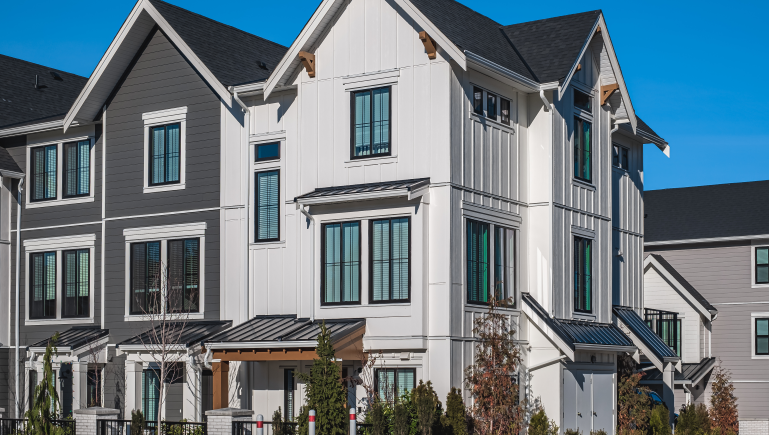Will I have to pay capital gains when I sell my house?

Capital gains on homes
When you sell your home, you may realize a capital gain. If the property was solely your principal residence for every year you owned it, you don’t have to pay tax on the gain, but you must report the sale to the Canada Revenue Agency (CRA).
If at any time during the period you owned the property, it was not your principal residence, or solely your principal residence, you may not qualify for the principal residence exemption on all or part of the capital gain that you have to report.
Report the sale of your home to the CRA
If you've sold a property, you must report the sale on:
- Schedule 3, Capital Gains (or Losses); and
- Form T2091(IND), Designation of a Property as a Principal Residence by an Individual (Other Than a Personal Trust).
The CRA will only allow the principal residence exemption if you report the disposition and designation of your principal residence on your income tax and benefit return.
Don't forget
Other conditions
- If you have owned the property for less than a year, the capital gains will be considered short-term and taxed at your regular income tax rate. If you've owned the property for more than a year, the gains will be considered long-term and taxed at a lower capital gains tax rate.
- If your home wasn't your principal residence for every year that you owned it, you must report the part of the capital gain on the property that relates to the years you didn’t designate the property as your principal residence by completing Form T2091(IND). You must also complete the applicable sections of Schedule 3 on page 2 of the schedule.
It’s important to get advice from a lawyer or an accountant.